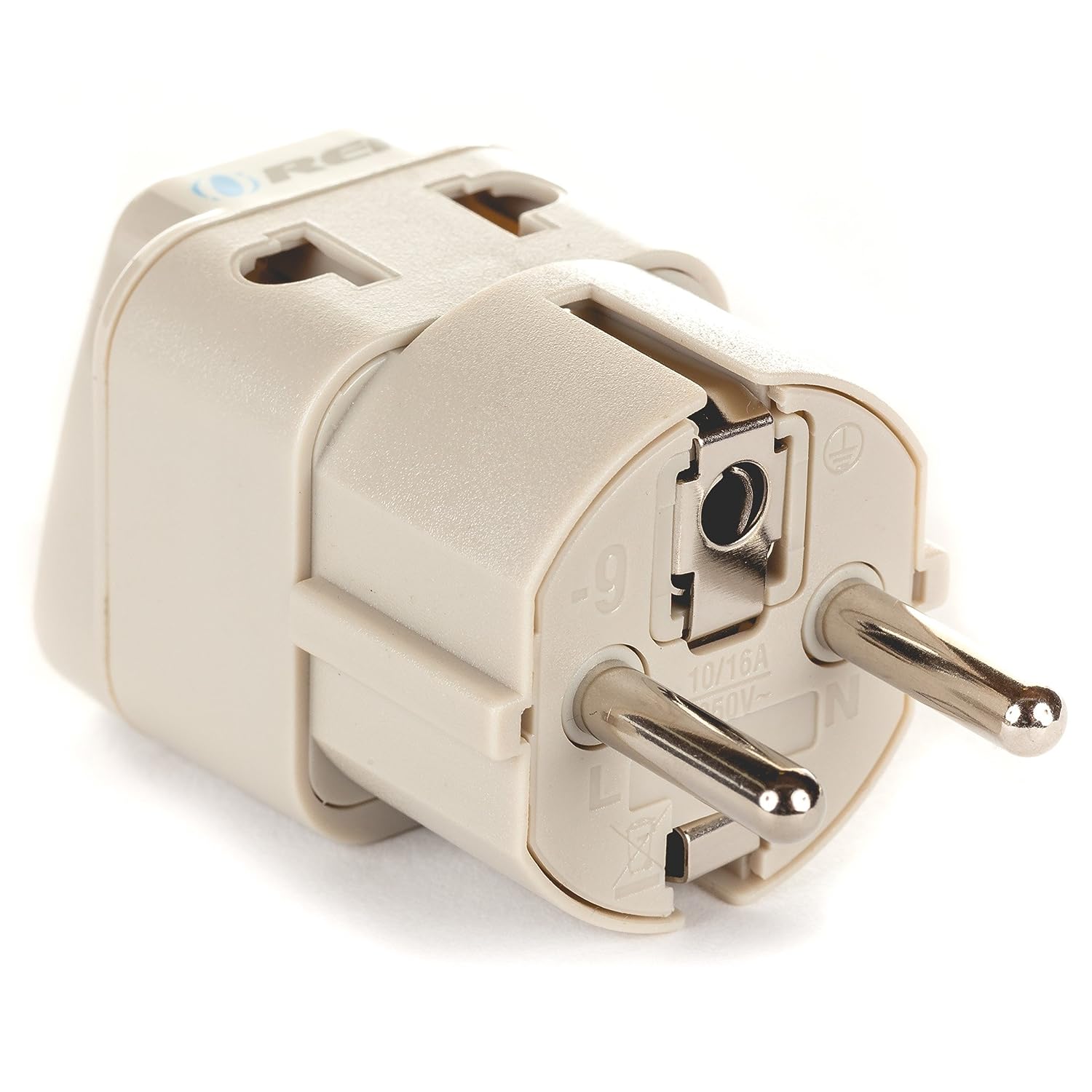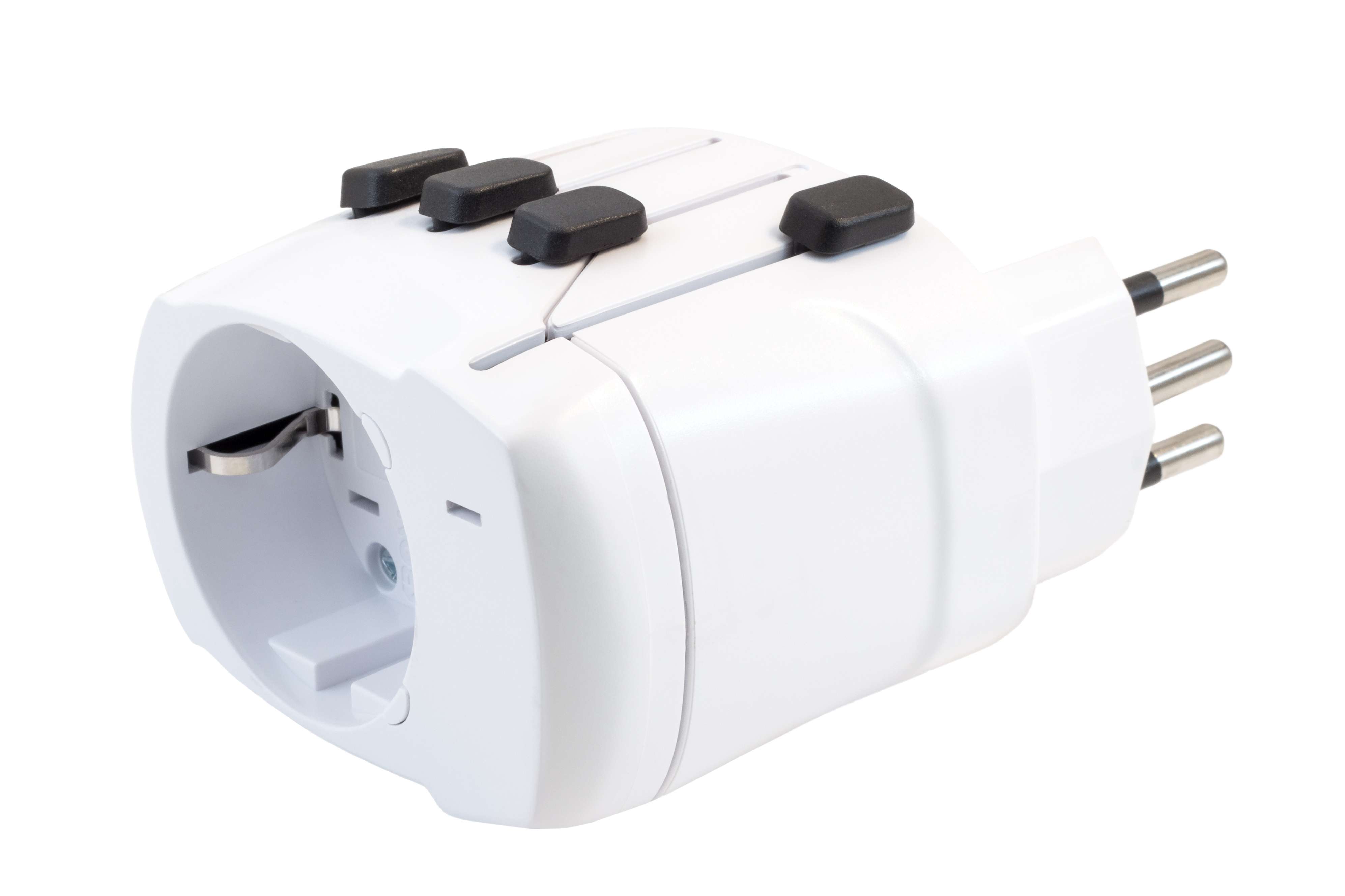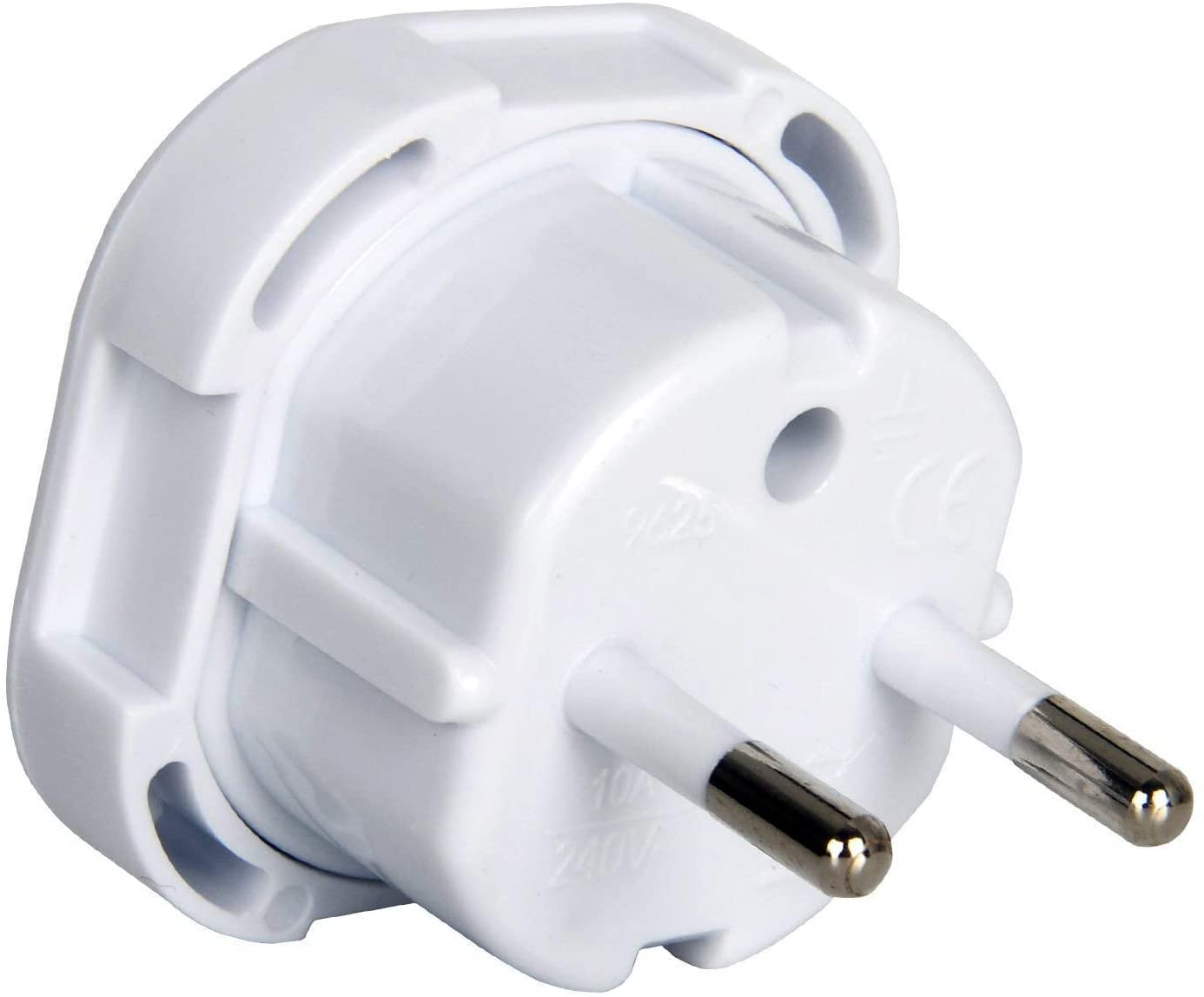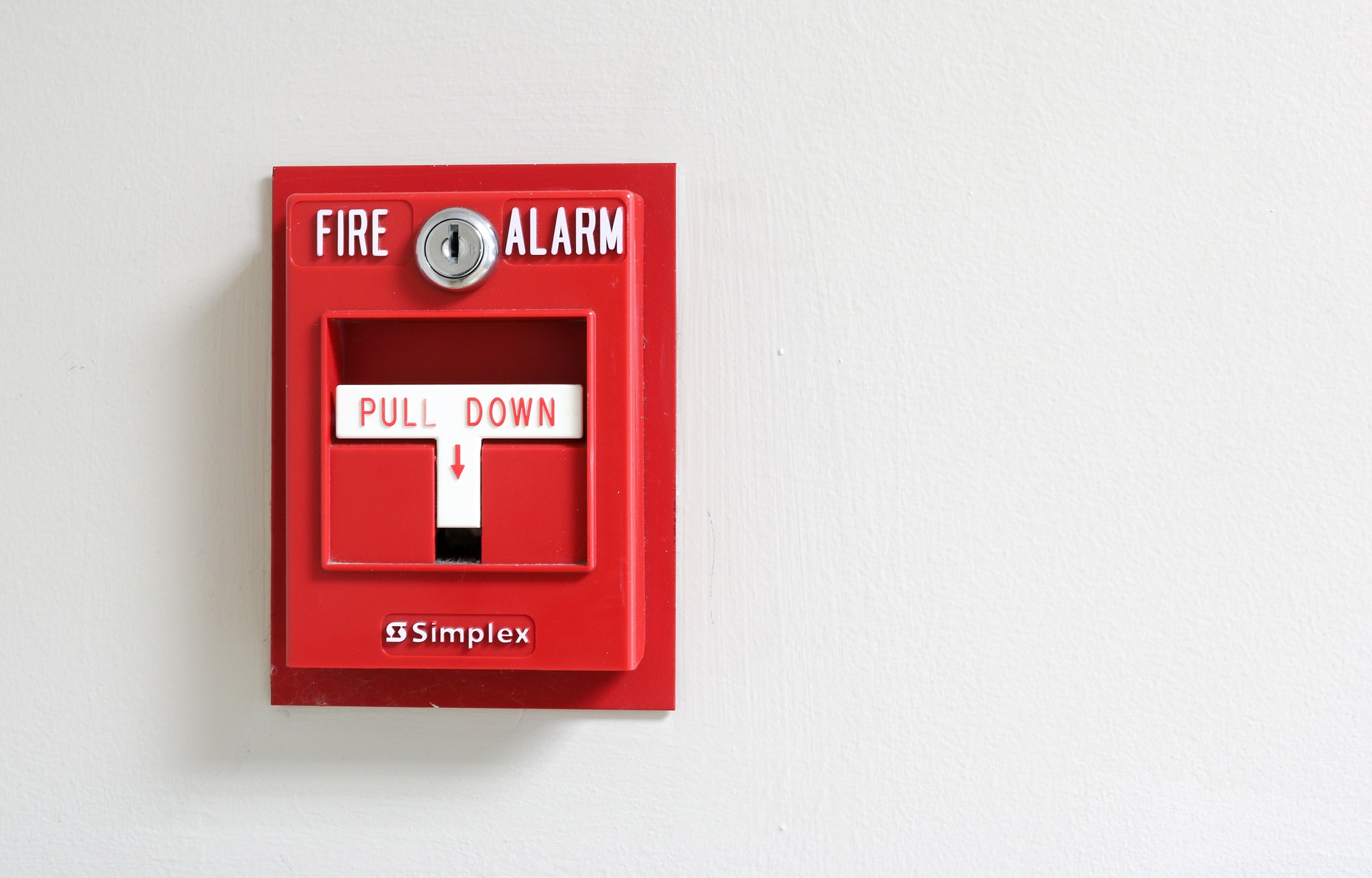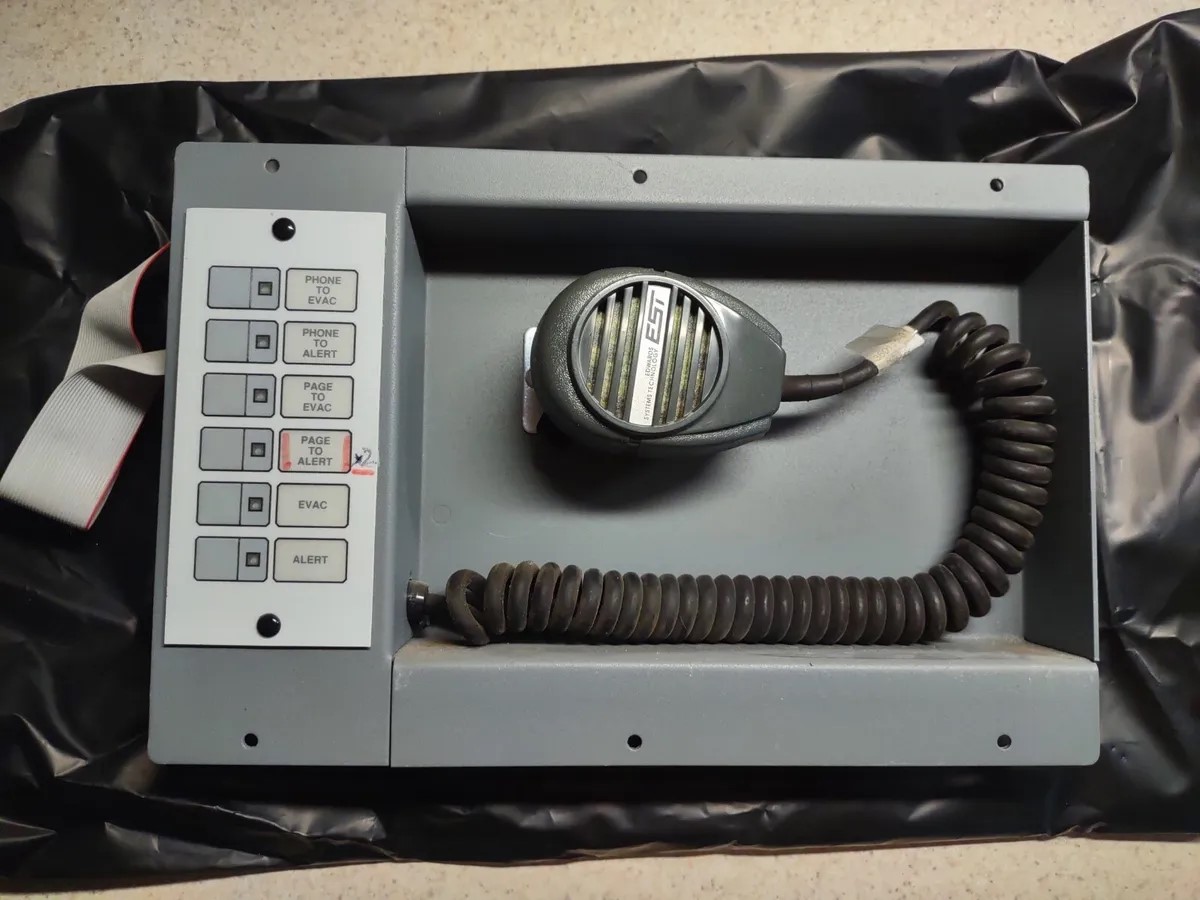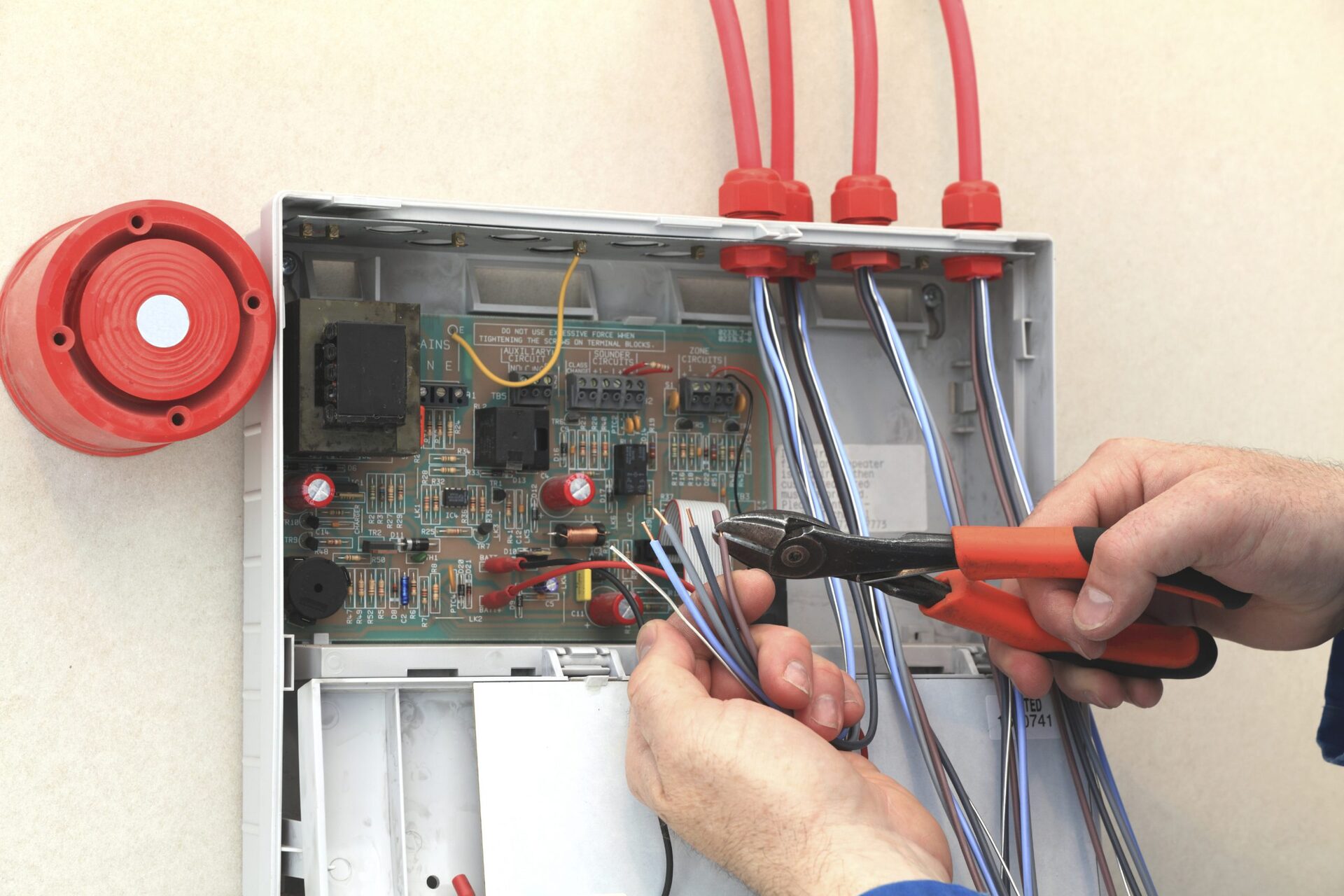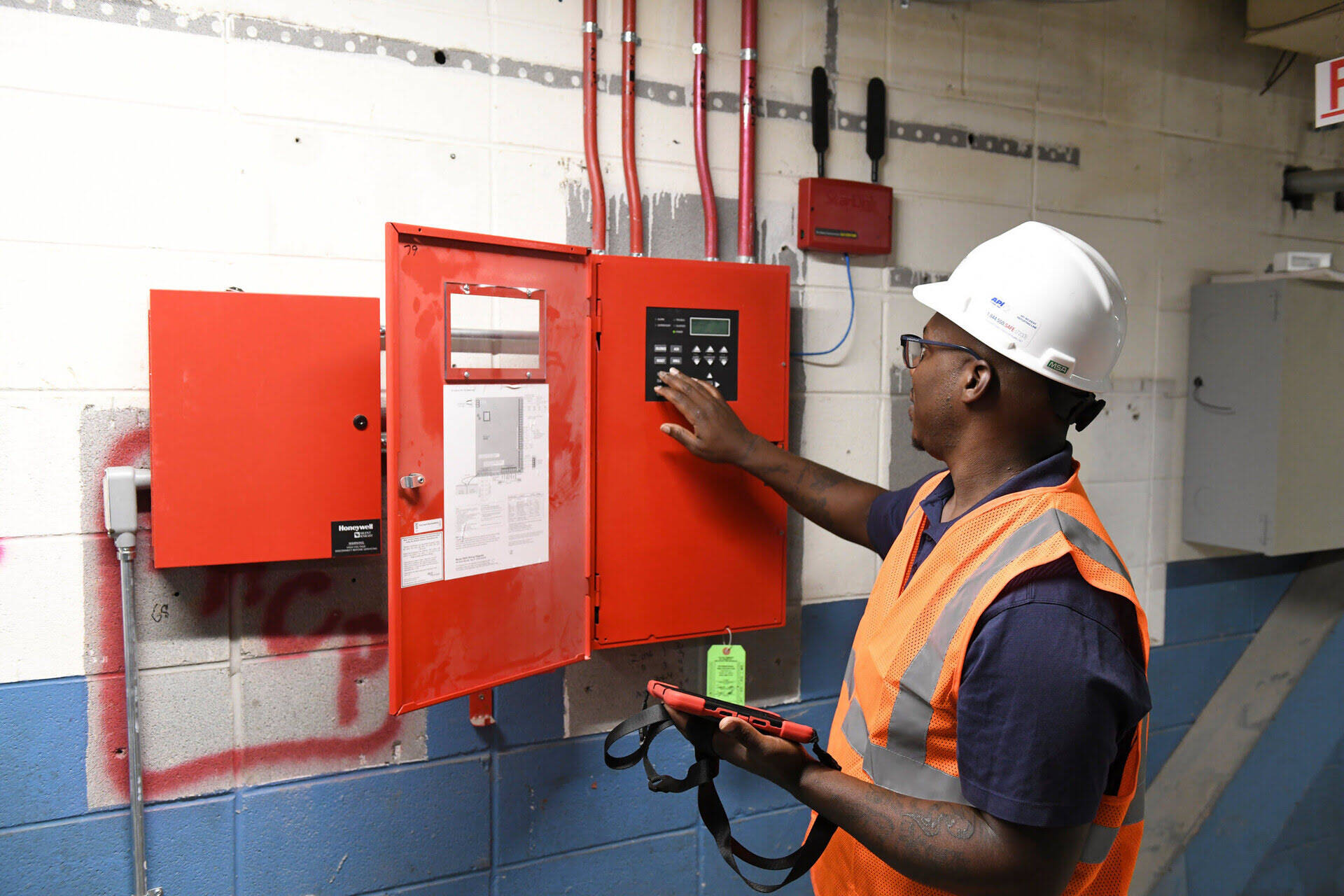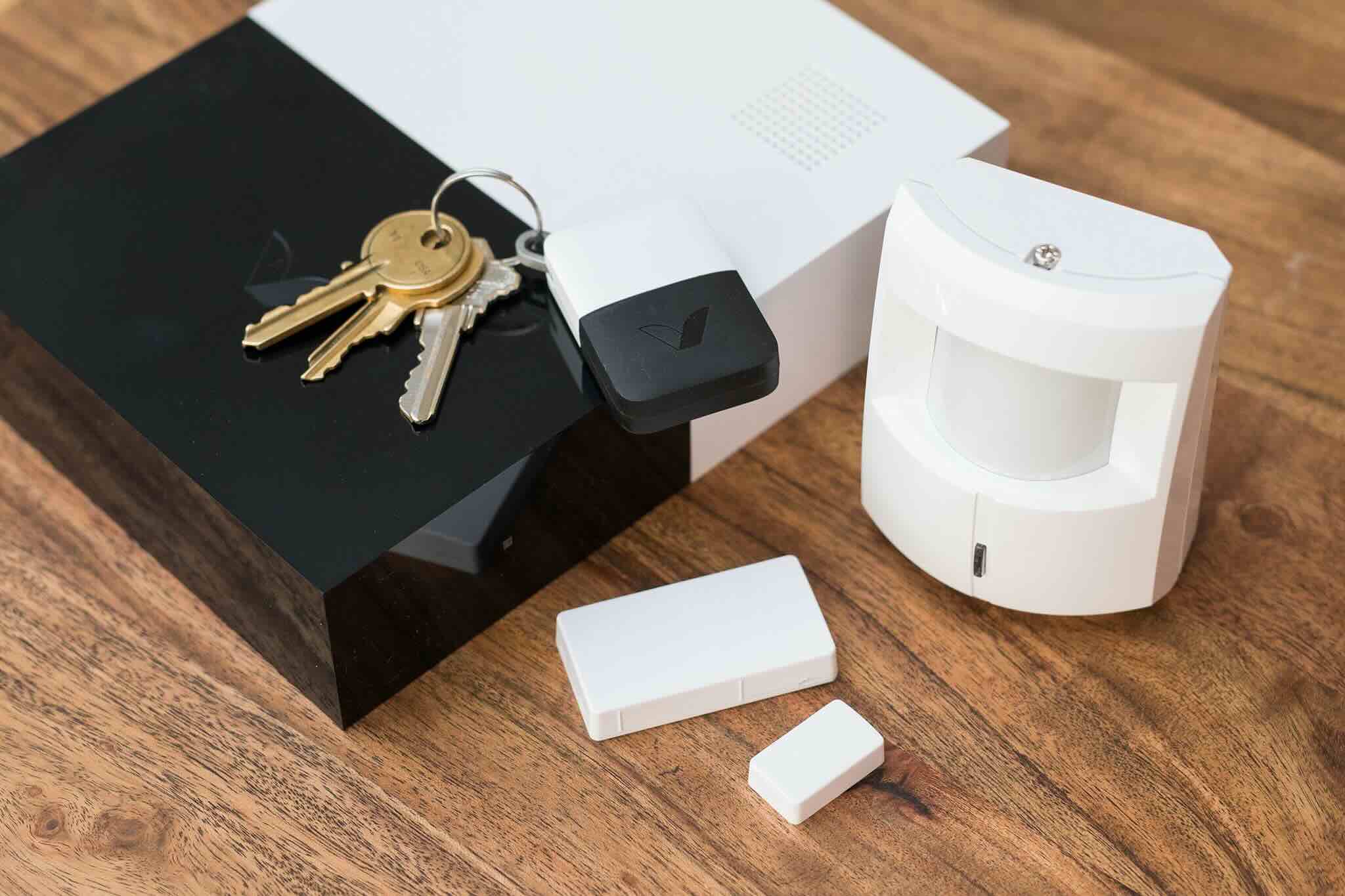Home>Home Security and Surveillance>What Type Of Certification Do I Need To Install Fire Alarm Systems
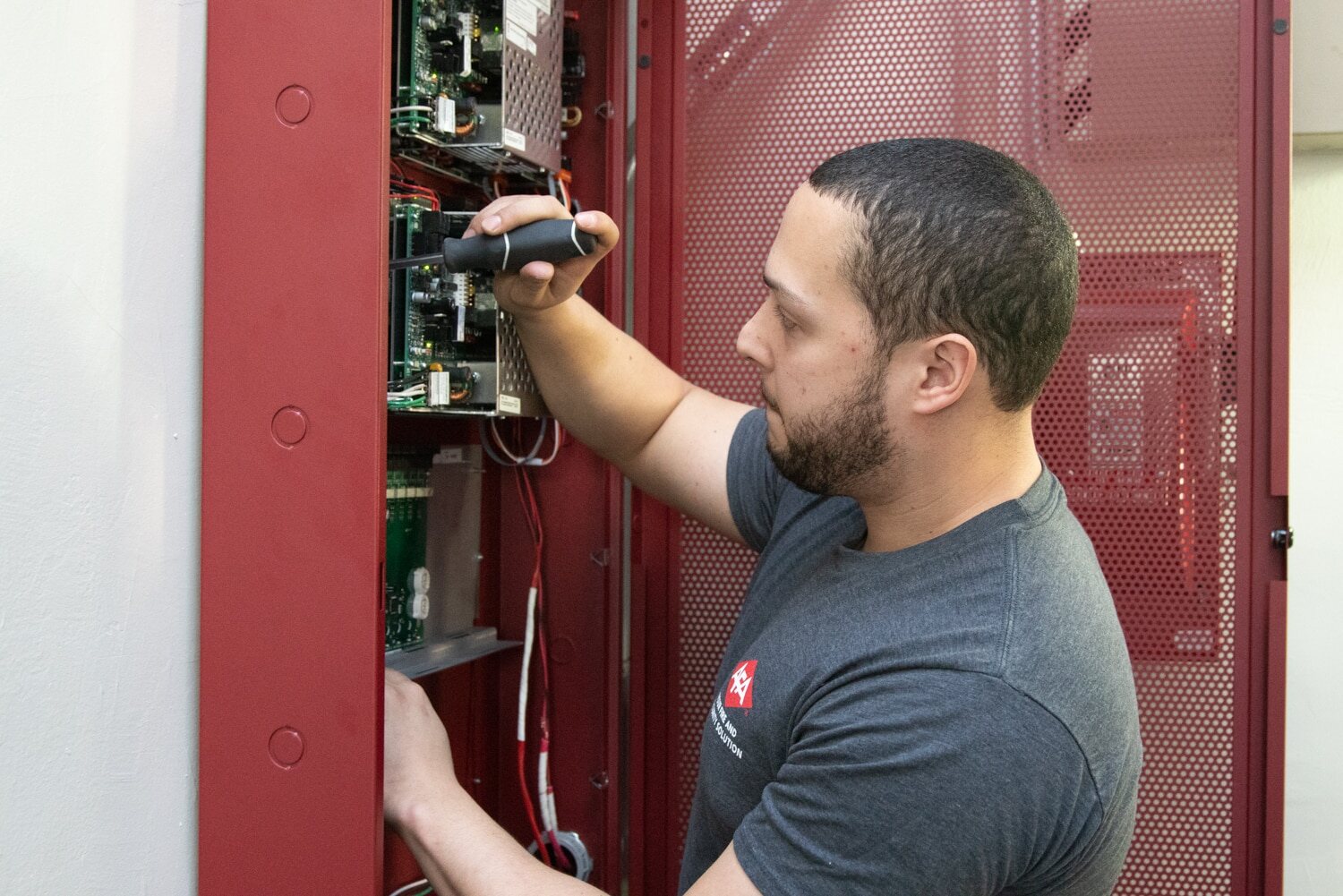

Home Security and Surveillance
What Type Of Certification Do I Need To Install Fire Alarm Systems
Modified: March 6, 2024
Discover the essential certification for installing fire alarm systems for home security and surveillance. Ensure your safety with the right credentials.
(Many of the links in this article redirect to a specific reviewed product. Your purchase of these products through affiliate links helps to generate commission for Storables.com, at no extra cost. Learn more)
Introduction
Welcome to the world of fire alarm systems! As a home security and surveillance expert, you understand the importance of protecting homes and businesses from potential fire hazards. Fire alarm systems play a crucial role in early detection and alerting occupants, helping to minimize property damage and save lives.
Installing fire alarm systems requires technical expertise and knowledge of industry regulations and best practices. This is where certification comes into play. In this article, we will explore the different types of certification you need to possess to install fire alarm systems professionally.
Being certified not only demonstrates your competency and professionalism but also opens up opportunities for career advancement and ensures compliance with local fire codes and regulations. So, let’s dive into the world of fire alarm system certification and find out what it takes to become an expert in this field.
Key Takeaways:
- NICET certification offers different levels, from Level I to Level IV, showcasing expertise in fire alarm systems. It opens doors for career growth and ensures compliance with local regulations.
- Continuing education and state licensing are crucial for maintaining professionalism and legality in the fire alarm industry. Additional certifications and training programs can further enhance skills and knowledge.
Read more: What Type Of HVAC System Do I Have
Fire Alarm System Certification
Fire alarm system certification is a validation process that ensures individuals have the necessary skills and knowledge to design, install, and maintain fire alarm systems safely and effectively. It demonstrates your expertise in this field and instills confidence in clients, employers, and regulatory authorities regarding your ability to perform your duties to the highest standards.
There are various certification programs available, but one of the most recognized and respected certifications in the fire alarm industry is offered by the National Institute for Certification in Engineering Technologies (NICET).
NICET Certification:
NICET is a nonprofit organization that provides certification programs specifically tailored to the engineering and technology fields. Their fire alarm system certification program assesses professionals’ knowledge and skills in fire alarm systems, ensuring they meet industry standards.
Levels of NICET Certification:
The NICET certification program consists of multiple levels, ranging from Level I to Level IV. Each level represents a different level of expertise and experience in the field of fire alarm systems.
- Level I: This entry-level certification focuses on basic knowledge of fire alarm systems, including understanding components, installation, and inspections.
- Level II: Building upon Level I, Level II certification encompasses more advanced topics such as system design, job layout, and proper documentation.
- Level III: This certification level delves into more complex areas, including system integration, troubleshooting, and advanced design principles.
- Level IV: The highest level of certification offered by NICET, Level IV focuses on leadership, project management, and advanced system design.
Earning higher levels of NICET certification showcases your dedication to professional growth and expertise in the field of fire alarm systems.
NICET Certification
NICET (National Institute for Certification in Engineering Technologies) is a widely recognized certification program for professionals in the fire alarm industry. Their certification program is designed to validate the skills and knowledge of individuals involved in the design, installation, and maintenance of fire alarm systems.
Obtaining a NICET certification demonstrates your commitment to excellence and professionalism in the field. It not only enhances your credibility but also opens up new opportunities for career advancement and higher wages.
Levels of NICET Certification:
The NICET certification program consists of several levels, each representing a different degree of proficiency and experience in the field of fire alarm systems.
- Level I: This is the introductory level certification. It tests basic knowledge of fire alarm systems, including understanding components, installation, and inspections.
- Level II: Building upon Level I, Level II certification focuses on more advanced topics such as system design, layout, and proper documentation.
- Level III: Level III certification delves into more complex areas, including system integration, troubleshooting, and advanced design principles.
- Level IV: Level IV is the highest certification level. It emphasizes leadership, project management, and advanced system design.
Earning a higher level of certification requires not only passing the corresponding exams but also accumulating a certain number of work experience points. The higher the level, the more extensive the experience and knowledge required.
Benefits of NICET Certification:
There are numerous benefits to obtaining a NICET certification:
- Credibility: NICET certification validates your expertise and competence in the field of fire alarm systems, providing reassurance to clients and employers.
- Career Advancement: A higher level of certification can lead to increased job opportunities, promotions, and higher salaries.
- Industry Recognition: NICET certification is widely recognized and respected in the fire alarm industry, allowing you to stand out among your peers.
- Continued Professional Development: NICET certification requires ongoing professional development, ensuring that you stay up to date with the latest industry trends and advancements.
Whether you are just starting your career in the fire alarm industry or looking to advance to higher levels of expertise, NICET certification is an essential step towards professional success and recognition.
Levels of NICET Certification
The NICET (National Institute for Certification in Engineering Technologies) certification program offers several levels of certification, each representing a different degree of proficiency and experience in the field of fire alarm systems. Let’s take a closer look at each level:
- Level I: This is the entry-level certification in the NICET program. Level I focuses on basic knowledge and understanding of fire alarm systems. Professionals at this level are expected to have a fundamental understanding of system components, installation practices, and inspection procedures.
- Level II: Level II expands upon the knowledge gained at Level I and covers more advanced topics. At this level, individuals are expected to have a deeper understanding of fire alarm system design, including factors such as system layout, equipment selection, and documentation practices. Level II certified professionals are also capable of conducting more complex inspections and troubleshooting.
- Level III: Level III is designed for professionals with significant experience and expertise in the field. At this level, individuals possess a comprehensive understanding of fire alarm system design, installation, and maintenance. They also demonstrate proficiency in system integration and advanced troubleshooting techniques. Level III certification holders are often responsible for overseeing and managing fire alarm system projects.
- Level IV: Level IV is the highest level of certification offered by NICET. This level is reserved for seasoned professionals who have extensive knowledge and experience in fire alarm system design and management. Level IV certified professionals demonstrate advanced skills in project management, leadership, and complex system design. They are typically responsible for leading and supervising teams and serving as experts in their field.
Each level of NICET certification builds upon the previous one, ensuring a progressive and comprehensive learning experience. Moving up the levels requires passing the corresponding exams, accumulating work experience points, and meeting specific education requirements.
By achieving higher levels of NICET certification, professionals demonstrate their dedication and expertise in the fire alarm industry. This not only enhances their professional credibility but also opens up opportunities for career advancement and increased job prospects.
It’s important to note that NICET certifications are recognized and respected within the industry and by regulatory authorities. Holding a NICET certification can differentiate you from others in your field and provide a competitive edge in the job market.
Education and Experience Requirements
To obtain NICET certification in fire alarm systems, you need to fulfill certain education and experience requirements. These requirements vary depending on the certification level you are aiming to achieve. Let’s dive into the specifics:
- Level I: For Level I certification, there are no specific education requirements. However, having a high school diploma or equivalent is recommended. In terms of work experience, you should have at least six months of documented experience in the fire alarm industry. This can include tasks such as assisting in system installations or participating in inspections.
- Level II: To pursue Level II certification, you must demonstrate a higher level of education and experience. You will need a minimum of two years of fire alarm industry experience, along with a high school diploma or equivalent. Alternatively, an associate degree in fire protection technology or a related field can substitute for one year of the required experience.
- Level III: Level III certification requires a more extensive background. You must have a total of four years of fire alarm industry experience, with at least two years focused on fire alarm systems. Additionally, you need to complete either a bachelor’s degree in engineering or a related field or hold an associate degree in engineering technology or a related field.
- Level IV: For Level IV certification, you need to have a minimum of six years of fire alarm industry experience, with at least three years dedicated to fire alarm systems. In terms of education, you must possess either a bachelor’s degree in engineering or a related field and have completed at least 24 semester credit hours in fire protection engineering courses, or hold an associate degree in engineering technology or a related field along with 48 semester credit hours in fire protection engineering courses.
It’s important to note that the education and experience requirements are not interchangeable. Meeting the experience requirement alone does not satisfy the education requirement, and vice versa.
When applying for NICET certification, you will need to provide documentation or transcripts that verify your education and experience. This may include certificates, transcripts, work history, and reference letters from supervisors or employers.
Meeting the education and experience requirements showcases your dedication and expertise in the field of fire alarm systems. It demonstrates that you have acquired the necessary knowledge and skills to excel in your role and ensures that you can provide reliable and professional services to your clients.
You will need to obtain a certification from a recognized organization such as the National Institute for Certification in Engineering Technologies (NICET) to install fire alarm systems.
Exam Requirements
As part of the NICET (National Institute for Certification in Engineering Technologies) certification program for fire alarm systems, you are required to pass exams that assess your knowledge and understanding of the subject matter. The specific exam requirements vary based on the certification level you are pursuing. Let’s explore the exam requirements for each level:
- Level I: To obtain Level I certification, you need to pass the Level I exam. This exam consists of multiple-choice questions that evaluate your knowledge of fire alarm system components, installation practices, and inspection procedures. It is designed to test your foundational understanding of basic fire alarm system concepts.
- Level II: The exam for Level II certification builds upon the knowledge gained at Level I. It focuses on more advanced topics, such as fire alarm system design, layout, and documentation practices. The Level II exam assesses your ability to apply your knowledge to real-world scenarios and make informed decisions.
- Level III: The Level III exam is designed to evaluate your expertise in fire alarm system integration, troubleshooting, and advanced design principles. It tests your proficiency in managing complex fire alarm projects and effectively solving technical challenges.
- Level IV: The Level IV exam is the most comprehensive and challenging of all the NICET exams. It assesses your knowledge and skills in advanced system design, leadership, and project management. The Level IV exam focuses on your ability to oversee large-scale fire alarm system projects and provide expert guidance to a team.
The exams consist of multiple-choice questions that are specifically tailored to each certification level. They are designed to gauge your understanding of fire alarm systems and your ability to apply that knowledge in practical situations. The exams are rigorous and require thorough preparation to ensure a successful outcome.
When preparing for the NICET exams, it is essential to study the relevant reference materials recommended by NICET. These resources include fire alarm codes and standards, system design guidelines, and technical manuals. Familiarizing yourself with these materials will help you develop a comprehensive understanding of the subject matter and increase your chances of passing the exams.
It’s important to note that there are fees associated with taking the NICET exams, and you must comply with the organization’s policies and guidelines. However, successfully passing the exams is a significant achievement that validates your expertise and opens doors to opportunities for career advancement in the fire alarm industry.
By demonstrating your knowledge and proficiency through the NICET exams, you can differentiate yourself as a competent and reliable professional in the field of fire alarm systems.
Renewal and Continuing Education
Once you have obtained your NICET (National Institute for Certification in Engineering Technologies) certification in fire alarm systems, it is important to stay current with industry advancements and maintain your certification through renewal and continuing education.
NICET certification is valid for a specific period of time, typically three to five years, depending on the certification level. To maintain your certification, you will need to follow the renewal requirements set by NICET.
Renewal requirements typically include:
- Continuing Education: You must complete a certain number of continuing education hours during the certification period. These hours can be earned through attending industry conferences, seminars, workshops, or online training programs relevant to fire alarm systems. The specific number of continuing education hours required varies based on the certification level.
- Professional Activities: Engaging in professional activities, such as participating in industry associations, serving on technical committees, or contributing to industry publications, may also earn you renewal points.
- Documenting Work Experience: It is crucial to maintain a record of your relevant work experience during the certification period. This includes detailing the projects you have worked on and the responsibilities you have taken on. This documentation may be required during the renewal process.
It is important to proactively track your continuing education hours and professional activities throughout the certification period, as this will make the renewal process smoother.
Renewing your NICET certification ensures that you stay up to date with industry developments and maintain the highest standards of professionalism. It demonstrates your commitment to ongoing learning and staying current with changes in fire alarm system technology, codes, and regulations.
Failure to renew your certification within the required timeframe may result in the expiration of your certification. If your certification does expire, you will need to follow the reinstatement process outlined by NICET, which may include additional requirements or examinations.
Continuing education and staying current in the field benefits not only your professional growth but also ensures that you can provide the best possible service to clients and employers. It allows you to stay ahead of emerging trends, advancements, and industry best practices in fire alarm systems.
Remember, maintaining your NICET certification through renewal and continuing education is an ongoing commitment that allows you to demonstrate your dedication to professionalism and expertise in the fire alarm industry.
State Licensing Requirements
In addition to obtaining NICET (National Institute for Certification in Engineering Technologies) certification, it is essential to understand the state licensing requirements for installing fire alarm systems. These requirements vary from state to state and ensure that professionals in the industry adhere to specific regulations and standards.
State licensing requirements typically include:
- Licensing Boards: Each state has a licensing board or regulatory agency responsible for overseeing and granting licenses for fire alarm system installation. It is crucial to research and identify the relevant licensing board in your state.
- Education and Experience: States may have specific education and experience requirements that must be met before applying for a license. These requirements can vary widely and may include a combination of formal education, apprenticeship programs, and work experience in the field.
- Examinations: Some states require individuals to pass a state-specific exam to demonstrate their knowledge and understanding of fire alarm system installation practices, codes, and regulations. These exams typically cover state-specific guidelines and standards.
- Insurance and Bonding: Many states require fire alarm system installers to carry liability insurance and obtain a surety bond to provide financial protection to clients in the event of property damage or personal injury during the installation process.
- Background Checks: State licensing boards often require individuals to undergo background checks, including fingerprinting, to ensure they have a clean record and can be trusted to perform work in customers’ homes and businesses.
- Continuing Education: Some states mandate ongoing continuing education for licensed fire alarm system installers. This ensures that professionals stay updated with changes in codes, regulations, and advancements in the industry.
It is crucial to familiarize yourself with the specific licensing requirements in your state and follow the necessary steps to obtain and maintain your license. This may include submitting an application, providing supporting documentation, paying fees, and meeting any additional requirements set by the licensing board.
Having a state license in addition to your NICET certification not only ensures compliance with local regulations but also boosts your credibility and provides peace of mind to clients, knowing that their fire alarm system installation is being handled by a qualified professional.
Remember to stay informed about any updates or changes to state licensing requirements in your area. This can be done by regularly checking the websites of the relevant licensing boards or contacting them directly for the most up-to-date information.
By obtaining and maintaining the necessary state license, you can operate legally and confidently as a fire alarm system installer within your jurisdiction.
Other Certifications and Training Programs
While NICET (National Institute for Certification in Engineering Technologies) certification is highly regarded in the fire alarm industry, there are additional certifications and training programs that can further enhance your knowledge and skills. These certifications and programs can provide specialized training in specific areas or offer different perspectives on fire alarm systems. Here are a few worth considering:
- Fire Alarm Manufacturer Certification: Many fire alarm system manufacturers offer their own certification programs. These programs focus on their specific products and technologies, providing in-depth training on installation, programming, and troubleshooting. Obtaining manufacturer certifications can demonstrate your expertise with specific manufacturer’s products, which can be beneficial when working on projects that use their equipment.
- Fire Protection Association (FPA) Certifications: FPA certifications focus on fire protection in general and cover a wide range of topics such as fire suppression systems, emergency response, and fire safety management. These certifications provide a broader understanding of fire protection principles, complementing your knowledge of fire alarm systems.
- Continuing Education Programs: Numerous organizations and institutions offer continuing education programs specifically tailored to the fire alarm industry. These programs provide an opportunity to deepen your knowledge in areas such as advanced system design, code compliance, networked systems, and emerging technologies. Participating in these programs keeps you up to date with the latest developments and best practices in the field.
- Industry Association Certifications: Various industry associations, such as the National Fire Protection Association (NFPA), offer certifications that cover a wide range of fire protection disciplines. These certifications can enhance your overall fire protection knowledge and complement your expertise in fire alarm systems.
- Specialized Training Programs: There are specialized training programs available that focus on specific aspects of fire alarm systems, such as commercial fire alarm systems, industrial fire alarm systems, or advanced system integration. These programs can provide targeted knowledge and skills to meet the unique requirements of different installation environments and applications.
Exploring these additional certifications and training programs allows you to broaden your expertise and stay at the forefront of industry advancements. They provide opportunities to specialize, expand your professional network, and differentiate yourself in the market.
When considering additional certifications or training programs, it is important to assess their relevance to your career goals, the reputation and credibility of the issuing organization, and the specific knowledge and skills they offer.
Remember, while NICET certification is highly respected, obtaining additional certifications and training demonstrates your commitment to continuous learning and professional growth in the fire alarm industry.
Read more: What Type Of Adapter Do I Need For Ireland
Conclusion
Congratulations on delving into the world of fire alarm system certification! Obtaining the necessary certifications and training is essential for any professional in the home security and surveillance industry. Throughout this article, we have explored the different types of certification required to install fire alarm systems professionally.
We learned about the significance of NICET (National Institute for Certification in Engineering Technologies) certification and the various levels it offers. From Level I to Level IV, each level represents a different level of expertise and experience in the field of fire alarm systems. NICET certification not only demonstrates your competency and professionalism but also opens up opportunities for career advancement and ensures compliance with local fire codes and regulations.
Education and experience requirements play a crucial role in obtaining NICET certification. The program emphasizes the importance of formal education and real-world experience in the fire alarm industry. It’s important to remember that each certification level has its own specific education and experience requirements that must be fulfilled.
We also explored the exam requirements for each level of NICET certification. These exams assess your knowledge and understanding of fire alarm systems, ensuring that you can apply your skills effectively in the field. Preparation and studying the recommended reference materials are key to successfully passing these exams.
Renewal and continuing education are vital aspects of maintaining your certification. NICET requires professionals to engage in ongoing learning and professional development to keep their knowledge up to date. Meeting these requirements ensures that you stay current with industry advancements and maintain the highest standards of professionalism.
State licensing requirements were discussed, emphasizing the need to comply with local regulations and obtain the necessary licenses to operate legally. It’s essential to research and understand the specific licensing requirements in your state to ensure compliance and credibility.
Lastly, we explored other certifications and training programs that can further enhance your skills and knowledge in the fire alarm industry. These additional certifications and programs provide specialized training, broader perspectives, and opportunities for specialization, enabling you to differentiate yourself in the market.
In conclusion, obtaining the right certifications and training is crucial for professionals in the home security and surveillance industry. NICET certification, in combination with state licensing requirements and additional certifications, ensures your expertise and professionalism in the installation of fire alarm systems. By staying up to date with the latest advancements and best practices in the field, you can provide reliable, top-notch services to your clients and advance your career in the ever-evolving world of fire alarm systems.
Frequently Asked Questions about What Type Of Certification Do I Need To Install Fire Alarm Systems
Was this page helpful?
At Storables.com, we guarantee accurate and reliable information. Our content, validated by Expert Board Contributors, is crafted following stringent Editorial Policies. We're committed to providing you with well-researched, expert-backed insights for all your informational needs.
